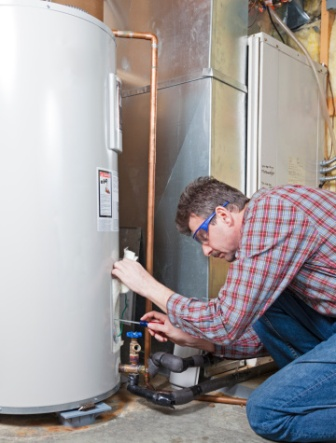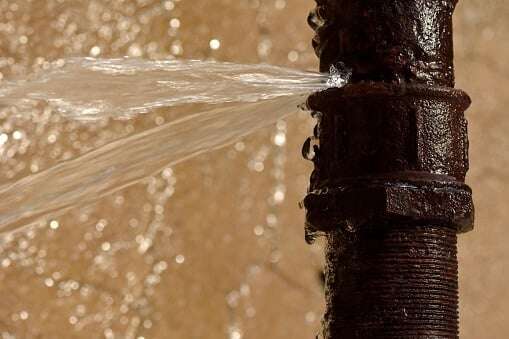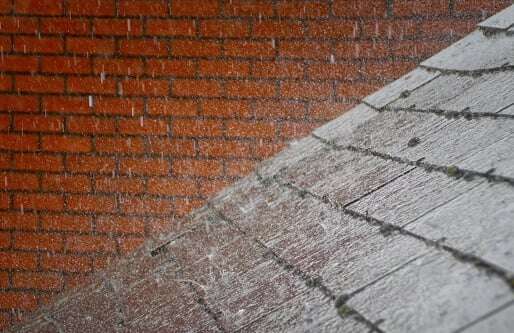 If you’re a new, current or seasoned homeowner you’ve probably heard about water softeners. But what are they, do they really work, and do you actually need them? Here’s what the Experts say:
If you’re a new, current or seasoned homeowner you’ve probably heard about water softeners. But what are they, do they really work, and do you actually need them? Here’s what the Experts say:
1. What are water softeners?
Water softeners are substances that remove calcium, magnesium, and other minerals and replace them with softer minerals like sodium or potassium. Hard water can cause problems to your plumbing and appliances, leave stains on your sinks and faucets, cause dry or itchy skin, and even cause you to be spending more on your water budget than necessary.
2. Do water softeners really work?
Yes – if you need it! If your water tastes bad, leaves stains on clothing, you notice scale build up on sinks, tubs and faucets, your plumbing needs frequent repair or you’re starting to notice higher water bills, then a water softener will help.
However, if you aren’t having any of those issues, then you probably don’t need to worry about investing in a water softener right now.
Homes on private well water usually need a water softener more than homes on city water. Here’s the science behind how water softeners work.
3. Is there a lot of sodium in water softeners?
The amount of sodium a water softener adds to your home depends on how hard your home’s water is, but even still, the typical amount of added sodium shouldn’t have an impact on your health and isn’t an issue for healthy adults.
Some people also worry that by adding a water softener they’ll be drinking salt water, but the amount of sodium is so minuscule you won’t be able to taste it. Consider this fact: “most families use fewer than 10 bags of salt over the course of a year to get the soft water they want.”
4. Are water softeners expensive?
Adding a water softener to your home does require an initial investment, but it will also save you money in the long run by:
- Allowing your water heater to operate better (hard water requires you to run the water at a higher temperature)
- Increasing longevity and performance of other appliances
- Reducing the amount of laundry detergent you use to clean clothes
- Requiring less use of cleaning products to try to get rid of hard water stains
- Limiting additional energy use (fun fact: the total energy required to run a water softener over the course of one year is the same as an alarm clock uses in a year)
It’s hard to give a hard and fast cost of a water softening system because they can vary depending on the company, type of softener and system, and the personal needs of the homeowner. That being said, they typically cost in the range of $400 to $2,000 and last an average of 15 years.
So, in short, water softeners help you solve many common water-related problems around the home, ultimately saving you both time and money.
5. What should you consider about water softeners?
When shopping around for water softeners, be sure to get at least two quotes that are based on the same considerations, such as: regeneration cycle, type of controls, levels of service, and warranty.
Also find out if you’ll need a plumber for installation or a special factory service person. Ask about any monthly fees or a service agreement for maintaining the softener.
Last, but not least, look for certifications such as NSF International, an independent testing organization that tests and certifies water-treatment products, or the Water Quality Association WQA Gold Seal. These certifications show the equipment has passed testing and meets industry standards.
In a nutshell, water softeners aren't just a scam or luxury and can definitely be worth the investment, especially when it comes to your appliances, plumbing, and general well-being of living in your home.








